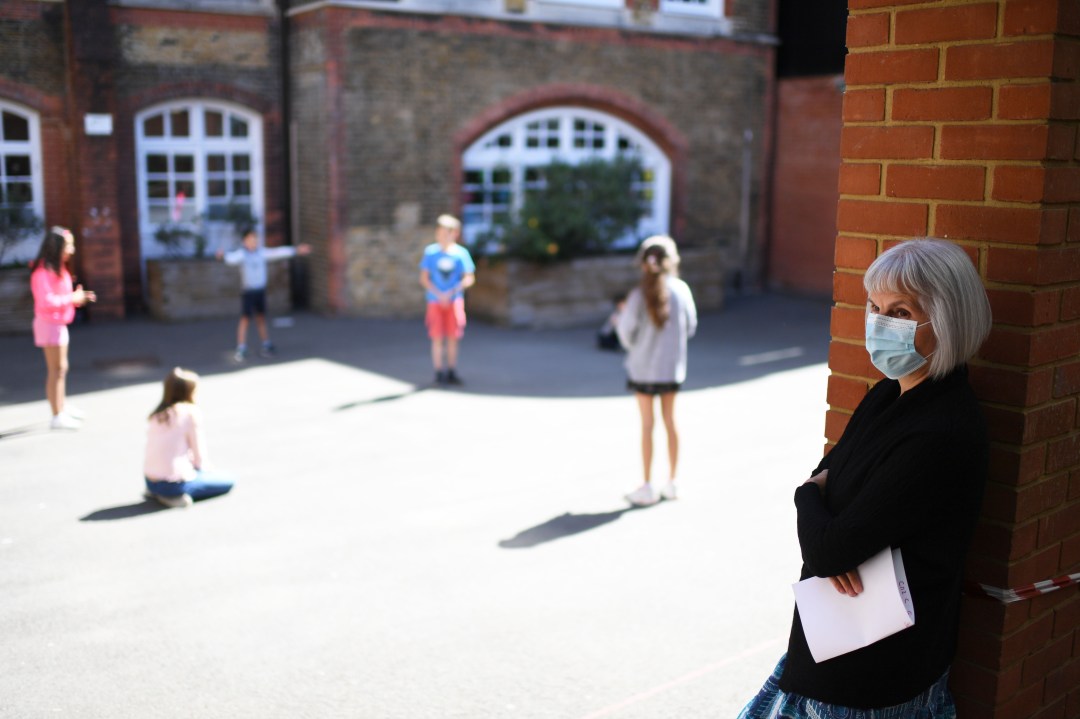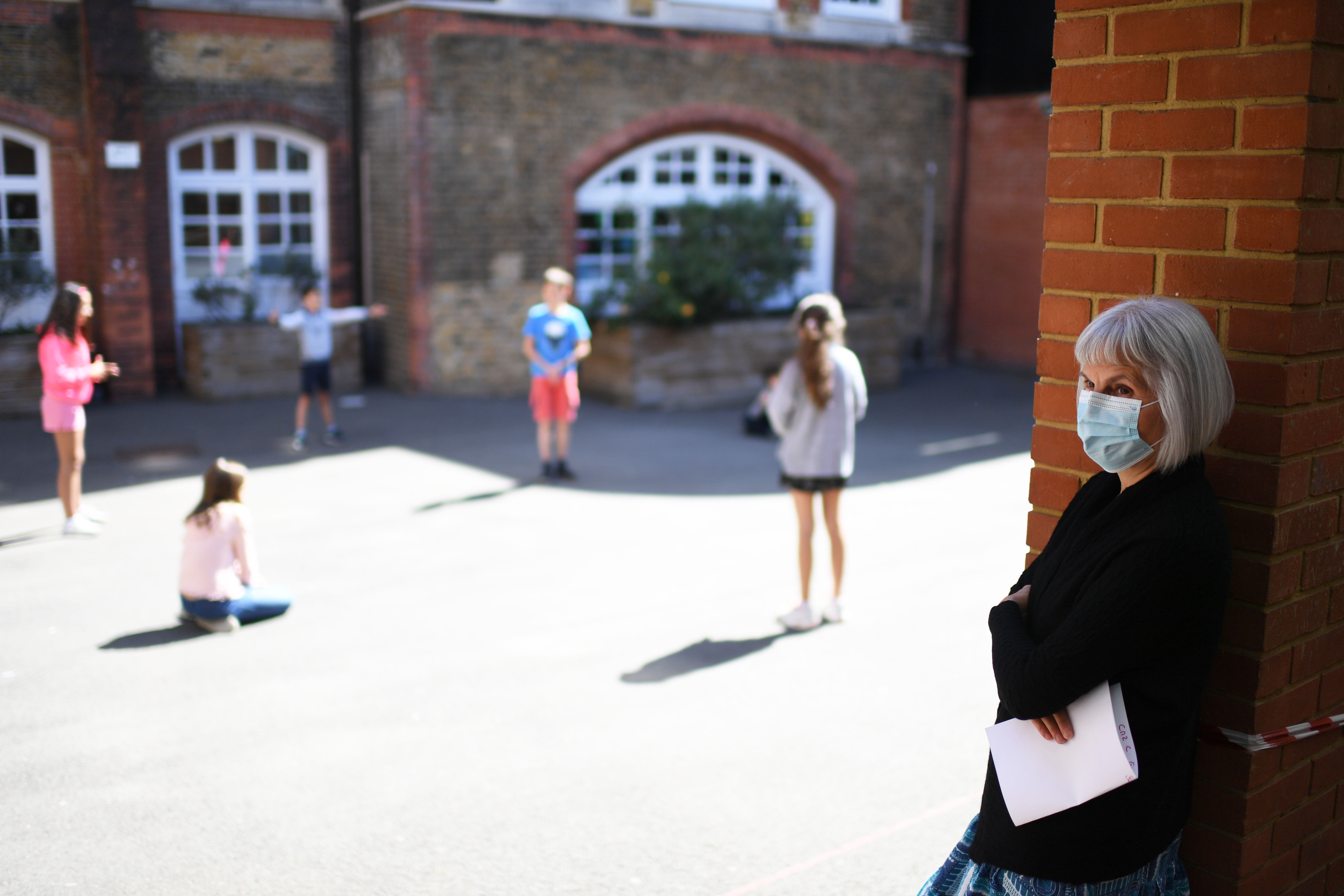You might have thought that of all people, leaders of teaching unions would be concerned about the effect of lockdown on children’s education and, in particular, on the gap in attainment between children from the wealthiest and least-wealthy households. From the beginning of lockdown in March, it became clear that children were going to have a very different experience depending on where they are educated. Many private schools and some of the best state schools immediately made arrangements for teaching to continue online, uninterrupted. For many other children, it has been a case of being set only the odd homework assignment.
The attainment gap could wipe out a decade of gains from education policy
It is obvious that the quality in educational experience during the lockdown is going to have a very large impact on attainment. Why, then, are the unions, as well as local authorities, so reluctant to reopen schools? More than 20 councils advised against any of their schools reopening this week. Meanwhile, some teachers’ unions have actively opposed teaching via the internet, recommending that their members refuse to live-stream lessons.
A rapid evidence assessment by the think tank the Education Endowment Foundation has attempted to put a figure of just how the attainment gap could grow if children are kept out of the classroom until September. Using studies from around the world that have been conducted into previous school closures – caused by adverse weather, hurricanes, strikes and pandemics, as well as the annual summer vacation – it has concluded that the attainment gap could wipe out a decade of gains from education policy.
Extrapolation from those studies suggested that a near six-month closure of schools could lead to an attainment gap of between 11 per cent and 75 per cent, with a median figure of 36 per cent. One of the studies involved – which looked at primary age children in North America – concluded that an annual three-month summer vacation widened the gap between middle-class and working-class children by three months – a figure that is slightly greater in maths and slightly lower in reading.
The Foundation proposes that measures will have to be introduced after the lockdown to help children from poor homes to catch up. One-to-one tuition, it says, could make up for five months’ progress. Even low-cost tuition provided by university students, it says, would be worth three months’ progress. It also suggests that, following the lockdown, pupil premium money would be best spent on professional development of teachers in schools with the most disadvantaged children. But first, the government is going to have to find a way around the unions’ reluctance to get teachers back into the classroom.








Comments